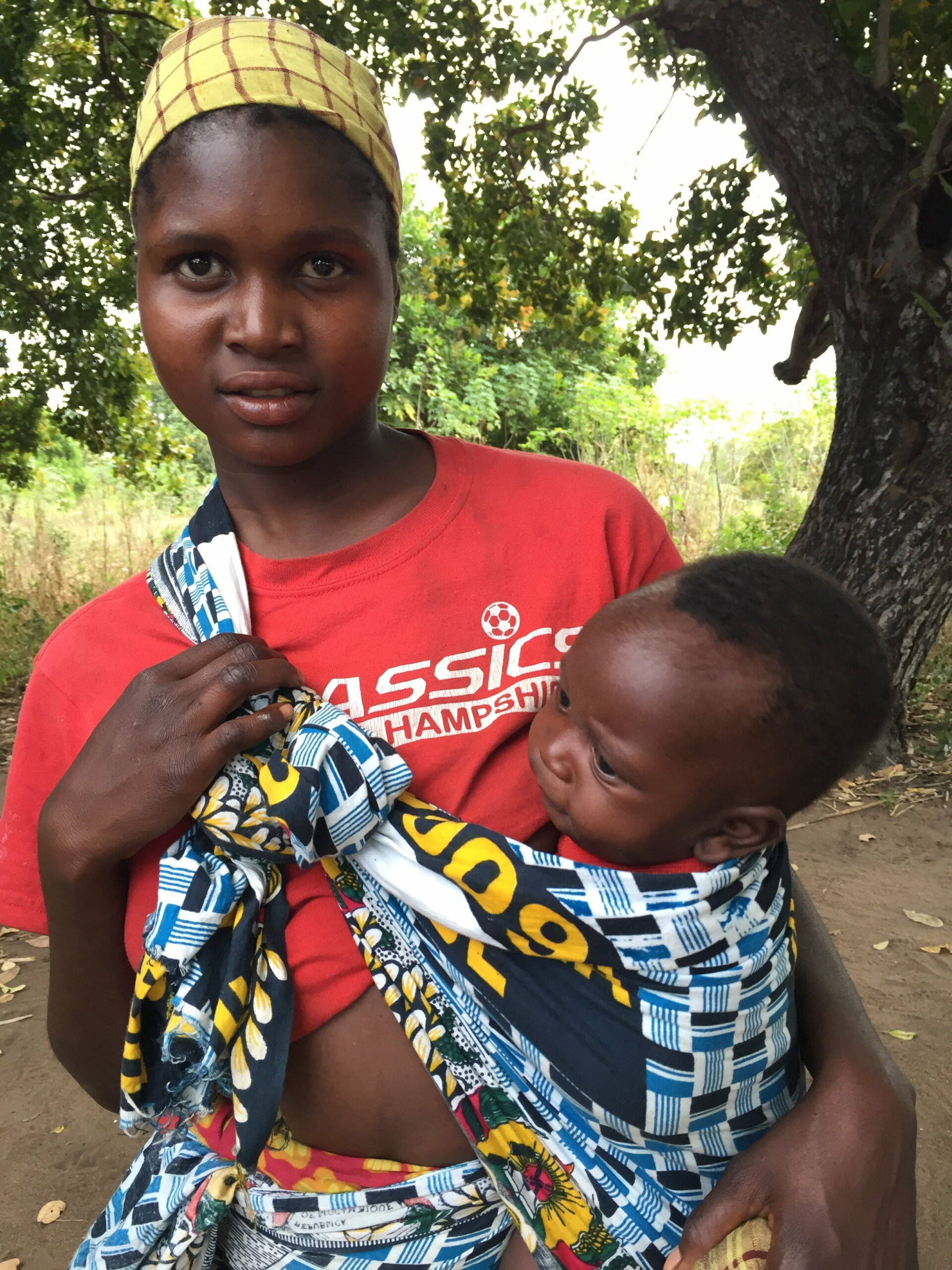Advancing Women's Rights and Gender Equity
Blessed Aid has set up a program named "Gender Protect" intending on:
• Social & economic empowerment with focus in income-generating activities,
• Fight against violence, participation in public life and decision-making,
• Gender Equality,
• Access to schooling and vocational training,
• Access to care and health,
• Capacity building in various thematic such as gender-peace-conflicts, positive masculinity, female leadership, etc...


Women’s empowerment & Gender equality
Blessed Aid has set up a program named "Gender Protect" intending on:
• Social & economic empowerment with focus in income-generating activities,
• Fight against violence, participation in public life and decision-making,
• Gender Equality,
• Access to schooling and vocational training,
• Access to care and health,
• Capacity building in various thematic such as gender-peace-conflicts, positive masculinity, female leadership, etc...

Health
Although donors are limited for funding in response to the crisis in Democratic Republic of Congo, the current situation is such that Blessed Aid faces continued significant funding needs in its efforts to expand access to services to most people in need, including quality integrated health management. This effort must continue and be strengthened to ensure the availability of quality services for both health.
Nationwide, the functioning health structures are those supported by international organizations. It is with this in mind that Blessed Aid intends to make its modest contribution in partnership with the Ministry of Health and our support is part of the strengthening of the activities of the minimum package of activities and complementary activity of health structures in emergency and post emergency situation.
National standards are used according to the country's health policy and international standards. Our support is focused on the health of mothers and children in particular, and in the event of disaster emergencies, other population groups are also taken into account in our actions. Our approach to health is to provide comprehensive care to vulnerable groups in the community by being part of the health plan of our country the DRC.
In addition to the Ministry of Health, we look forward to working with other partners in health such as the United Nations agencies having health in the areas of intervention like WHO, UNICEF, UNAIDS, UNFPA and we also intend to work with the Global Fund for HIV/TB issues, Malaria through the leaders of interventions in the field.

Education
The already fragile education system has suffered significant deterioration during the last three years of the DRC crisis resulting in a loss of access to education, limiting children's learning and personal development opportunities.
Blessed Aid will make its contribution as part of the humanitarian response plan for the recovery of education in the DRC, in three main areas:

Food security and livelihoods
Our approach is to contribute to the improvement of food availability as well as the promotion of certain food crops for food self-sufficiency in times of emergency, food conservation, seed and food banks and cash transfers and resources depending on the context in the country and the availability of food. We would like to partner with FAO, WFP, the population and local associations active in the fields of food security (in this case, the definition of the project will depend on the funds available in the area).

Water, Hygiene and Sanitation
Blessed Aid intends to contribute to the availability of drinking water in the community and also to the promotion of good hygiene and sanitation practices in the villages and sites of the displaced; the actions to be proposed are as follows: distribution of NFI kits including materials for the availability of Wash water, construction / rehabilitation of water points (supervision of hygiene committees, sanitized village, etc.) as well that community mobilization on hygiene and sanitation.

Nutrition
Nutrition being a component of primary health care, our intervention approach is part of the national nutrition policy but we also look forward to working in partnership with the agencies of the United Nations system, in particular UNICEF and WFP to therapeutic inputs as well as drugs for routine treatment. In addition to the management of malnutrition (UNTI, UNTA and UNS) and the community approach, in particular awareness-raising on the themes of infant and young child feeding. It should also be noted that Blessed Aid does not have a specific protocol for its interventions, so the guidelines for our intervention may be part of the logic of humanitarian interventions according to the nutrition cluster.

Protection
Support to the government for the needs assessment and analysis for the contextualization of the Sustainable Development Goals (SDGs) relating to protection and advocacy. Advocacy for fundraising and local capacity building for better results for children. Our intervention focuses on the following priority areas:
- • Disarmament, Demobilization, reintegration of children released from armed forces and groups
- • Identification, documentation, tracing and reunification of unaccompanied children (ENA) and separated children (ES)
- • Prevention and response against gender-based violence with a focus on child marriage
- • Responding to Psychosocial Distress through Child Friendly Spaces
- • Community-based protection: Care for vulnerable children.
- • Strengthening the justice system and fight against impunity
- • Promotion of peace and peaceful cohabitation between communities
- • The environment


























